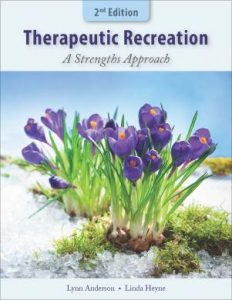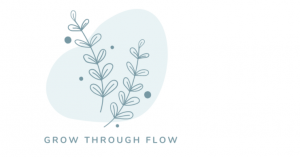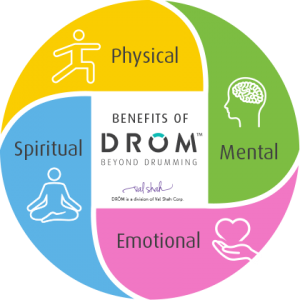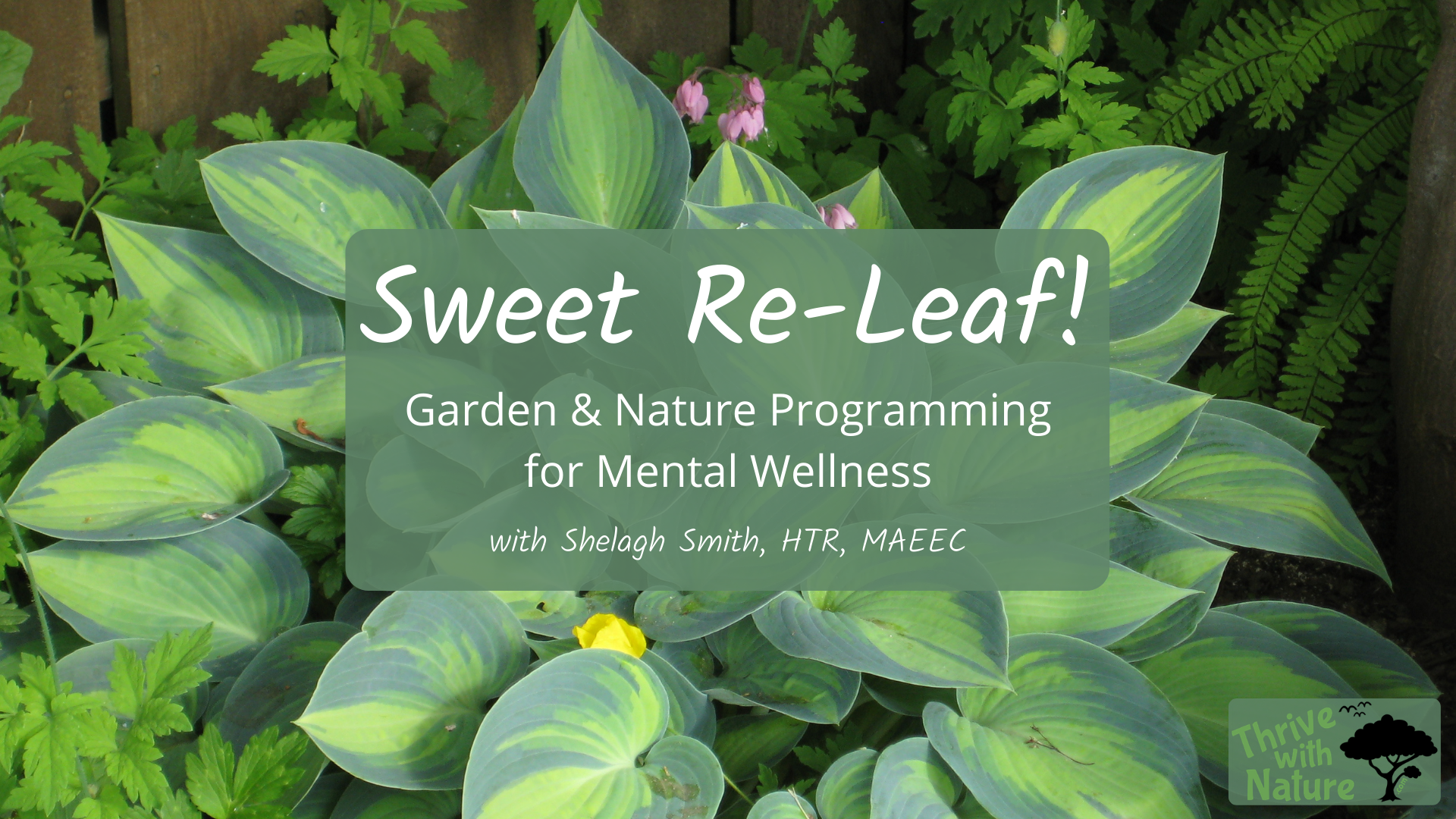MusicCare: An approach we can all use
Monday, August 29th 2022
Presenter: Dawn Ellis-Mobbs, Education Manger, Room217
Room 217 has developed the music care approach, which is the intentional use of music by anyone to improve health and well-being. Music, as a means of care is inclusive: everyone is able, and invited to, use music in care – family members, staff, volunteers. The goal of music care is to integrate music into caring relationships, care tasks, personal care plans, and within organizations.
Room 217 has been helping to empower caregivers to integrate music into their regular practices to improve health, wellbeing, quality of life and quality of care. We do that by producing and delivering purposely designed music tools, strategies, education, and standards. For the past 16 years, we have developed programs designed to support caregivers and care communities to increase engagement and life enrichment.
This webinar will provide insight into the origins of our organization and an overview of the music care approach. We will walk through music care LEARN, a hub of learning to build your knowledge and skills for using music in care and provide you with one music care strategy that can be implemented into your scope of practice. This webinar is geared towards provided information on how music can be used in care for anyone and aims to help caregivers be more confident in this approach.
NCTRC job analysis code: IMP
Learning outcomes:
- participants will be able to describe and understand the music care approach.
- participants will be able to locate professional resources on the musiccare LEARN platform which support the use of using music in care.
- Describe at least one key music care strategy that can be used in care.
Dawn Ellis-Mobbs is a music educator and community musician with a passion for integrated arts and multidisciplinary projects connecting to the use of music in care spaces. Dawn has taught both elementary and secondary music and contributed to the develop of a framework for an Integrated Regional Arts Program as a Department Head of Arts in York Region.
Dawn transitioned to the world of Arts Administration as the Director of Education and Community Engagement for the Toronto Symphony Orchestra where she led a team of creative educators and administrators who designed new, innovative programs because of the impact of COVID. This included an intergenerational program called TSOUND Connections which trained members of the orchestra in care calls delivered between musicians and adult care populations.
Dawn is currently the Education Manager with Room 217 and oversees all 8 core programs of music care LEARN hub. She is actively involved with managing the ground-breaking and newly developed CERTIFY program, where she is an instructor, facilitator, speak and program developer.


 Session Descriptions:
Session Descriptions:

